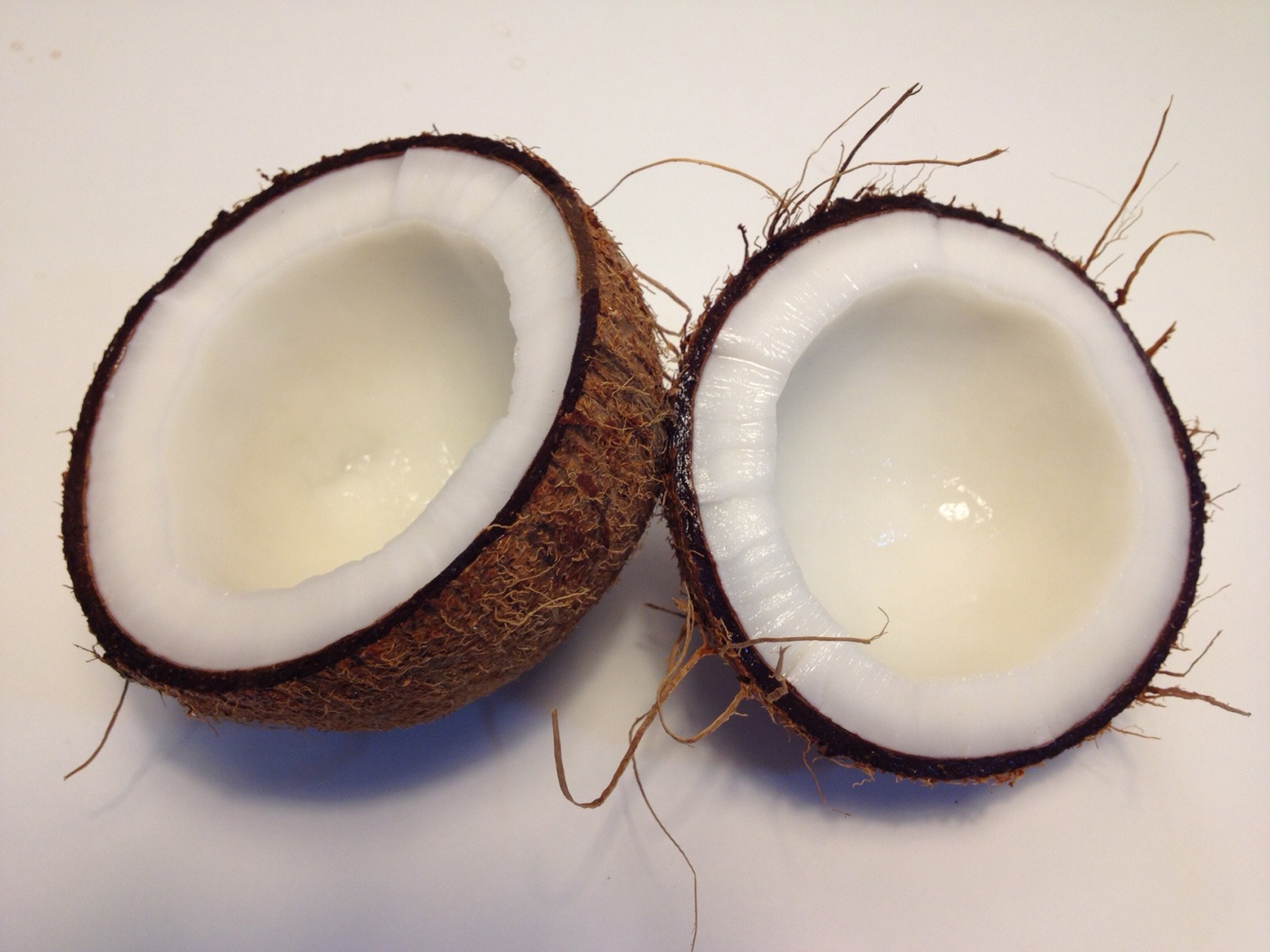
08 Jul Can you believe what you read?
Two recent articles were published in high profile media that give controversial information. One was about coconut oil being bad for you. The other was about nut and seed milks being inferior to cow’s milk nutritionally. Many other sources say the opposite of both these claims.
So what are you supposed to believe?
The first thing to remember is that things are rarely always “good” for everybody, or always “bad”. Often something is good is some situations, or good in some doses, or good for some people, or good for some conditions.
An example is sunlight. Getting sunburned is bad, and few people disagree with that. And, cumulative sun exposure can make your skin look aged. But, sunlight is a fantastic source of vitamin D. And more and more research is finding other benefits from sunlight, such as improved vision and better sleep. So it seems that a little sun is good and too much sun is bad. And that depends on the person. Dark skinned people can tolerate much more sun exposure than light skinned people. Some people are on medications that make them sun sensitive. So if you ask if sunlight is good for you, the answer is it depends.
“It depends” does not make a good headline. Nor will it sell products like sunscreen or promote visits to doctors to get checked for skin cancer. I am not saying that all articles are biased in favor of profit, or to encourage clicking or reading. But it’s worth considering.
You will have to find out for yourself whether something is right for you.
That’s where health coaching can come in. A qualified health coach can sort through the hype for you. She can consider your individual needs because she knows your history. You give feedback to the health coach to clarify what works for you and what doesn’t. And a good health coach makes a point of staying current with new research and information.
So what about coconut oil being bad for you? Many articles and books, by reputable authors have been written about the benefits of the saturated fat in coconut oil. Dr. Mark Hyman explains very clearly coconut oil’s benefits to your heart health. He points out that countries with the highest intake of coconut oil have the lowest rate of heart disease. And, the saturated fat in coconut oil is quite different from the fat in typical American burgers that come from sick factory-farmed cows.
So what milk should you drink? The article touting the superiority of cow’s milk looked all true to me. But the important information is what the article didn’t say. Cow’s milk may have more protein, calcium, and potassium. However many foods are good sources of protein; it doesn’t have to come from your milk. Calcium and potassium are available from vegetables, particularly leafy greens. It’s true that seed and nut milks are processed, but pasteurized milk is also processed. Pasteurization removes many nutrients from milk. I always read the labels of my nut and seed milks and buy the ones with the fewest additives. Some people make their own milks to avoid additives altogether.
The most important difference between cow’s milk and nut and seed milks is that cow’s milk can give you digestive distress. That rarely happens from nut and seed milks.
So decide which milk is right for you. If you tolerate cow’s milk, enjoy. Unpasteurized milk is easier to tolerate and has more nutrients, so you may try that if it is available in your area. It’s illegal where I live.
So I’ll share with you my choices. I add coconut oil to my food whenever possible. I’ll put a dab in my coffee. I spread it on Ezekiel bread with almond butter. I’ll cook with it and even melt a little in my soup. I want its benefits. I don’t drink cow’s milk because it upsets my stomach. I use coconut milk when I want milk because you can get some of the same benefits as coconut oil.
http://drhyman.com/blog/2016/04/06/is-coconut-oil-bad-for-your-cholesterol/
https://draxe.com/coconut-milk-nutrition/
Disclaimer: This website is for information purposes only. By providing the information contained herein we are not diagnosing, treating, curing, mitigating, or preventing any type of disease or medical condition. Before beginning any type of natural, integrative or conventional treatment regimen, it is advisable to seek the advice of a licensed healthcare professional.



No Comments